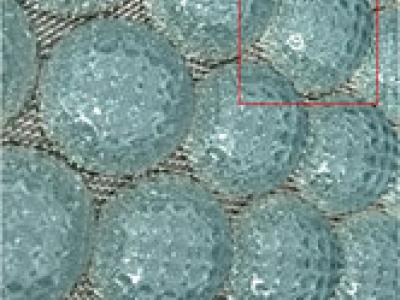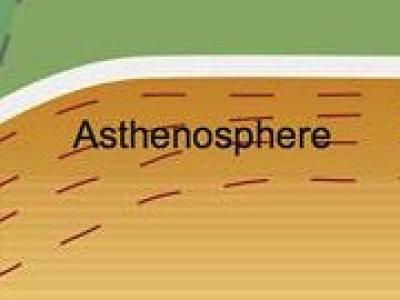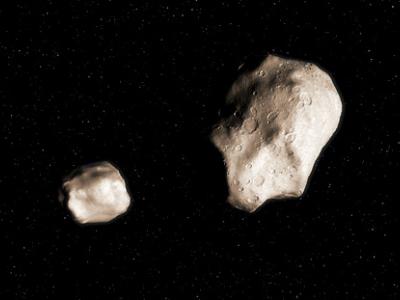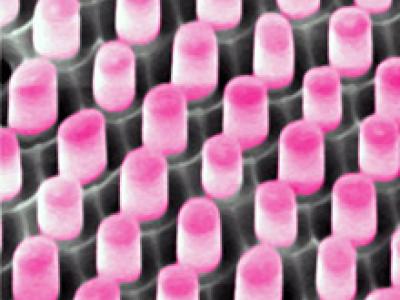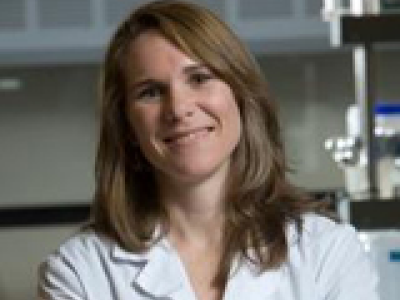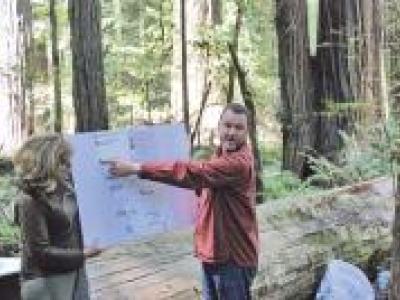NSF funds interdisciplinary team's grey water disinfection plan
A UC Berkeley team has been awarded a $2 million National Science Foundation (NSF) grant for research on biologically-inspired technologies for grey water reuse and thermal energy management that may propel sustainable building into a new era.The grant comes from the NSF’s Emerging Frontiers in Research and Innovation’s 2010 Science in Energy and Environmental Design program for engineering sustainable buildings. Leading UC Berkeley’s award-winning research team as principal investigator is Maria Paz-Gutierrez, assistant professor of architecture in the College of Environmental Design, and the only architect serving as principal investigator for any of the NSF’s eight EFRI-SEED grants this year.

